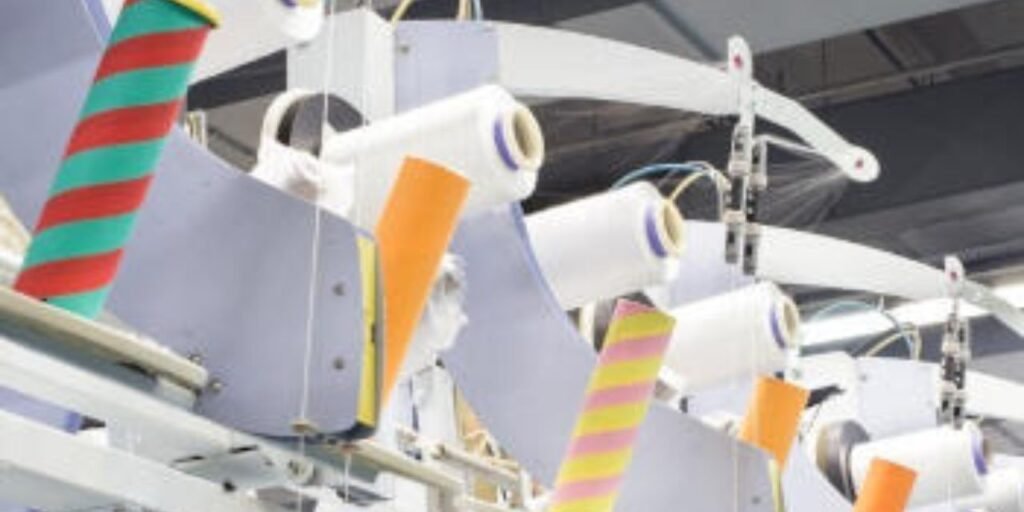
Aquafil Unveils Groundbreaking Demonstration Plant for Chemical Separation of Elastic Fibres from Nylon in Slovenia
Aquafil has officially launched its first demonstration plant in Slovenia for the chemical separation of elastic fibres from polyamide (nylon), marking a major step forward in sustainable innovation within the textile industry. This pioneering technology opens up new possibilities for fibre recycling and underlines Aquafil’s long-term commitment to circularity and environmental responsibility.
The demonstration plant aims to optimize the process at every stage, laying the foundation for a future full-scale industrial facility. To support this initiative, Aquafil has built a robust network of strategic stakeholders, ensuring a steady and efficient supply of waste materials to fuel a growing, circular recycling model.

A Decade of Innovation Leads to a Breakthrough
“This milestone represents the culmination of over ten years of research and development,” said Giulio Bonazzi, CEO of Aquafil. “We are proud to introduce a revolutionary technology capable of separating elastic fibres from nylon in blended fabrics—one of the biggest challenges in textile recycling, especially for materials used in sportswear and swimwear.”
The journey began in 2013 through a collaborative research project with Georgia Tech University, resulting in an initial patent. Although large-scale implementation was not yet feasible, Aquafil’s R&D team remained committed. Their perseverance led to the filing of a new patent in 2022, reflecting significant technological advancements ready to be tested on a semi-industrial scale.
Thanks to the newly operational demo plant, laboratory results have now been validated in a real-world setting. For the first time, the effective separation of elastic fibres from nylon in composite textiles is achievable—unlocking recovery potential for materials that were previously destined for landfills.
From Waste to Resource: Closing the Loop with Econyl®
The nylon recovered through this innovative process will be sent to the Econyl® regeneration plant, where it will be transformed into regenerated nylon for use in new textile products. This closed-loop approach significantly reduces reliance on virgin resources and directly contributes to lowering the environmental impact of the fashion and textile industries.
“With this project, Aquafil reaffirms its pioneering spirit—demonstrating how innovation, when aligned with sustainability, can provide real solutions to global challenges,” Bonazzi concluded. “We’re turning today’s waste into tomorrow’s resource.”
